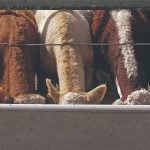
Tag Archives Person Career
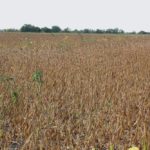
Pre-harvest glyphosate on soybeans?
Yes, no or maybe — it really all depends on the weeds

Avoid soybean loss during harvest, drying and storage
Shattered beans can badly affect the profitability of your crop

Rapid detection of meat fraud
Spanish researchers say a new biosensor can give test results within an hour
Health Canada had no herbicide drift complaints from Manitoba
That includes the herbicide dicamba, which has triggered many drift complaints in the U.S.

Rooftop hives educating college
Red River College continues to grow its urban apiaries with sweet results
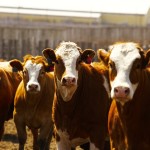
Fed cattle supplies hold back prices at auctions
Dry Prairie pastures elsewhere might spur action soon

4-H’ers dig into soil health policy and education
Soil health was a repeat topic as 4-H members from around the world turned their attention to sustainable agriculture and food security
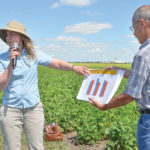
To till or not to till? For soybeans that’s the question
The Westman Agricultural Diversification Organization is testing out planting dates and pre-seed tillage systems in its latest round of soybean experiments
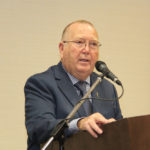
Analysis: AgriStability review welcomed, but can it be fixed without more money?
KAP says in 2013 the program switched from farm income stability to disaster relief
Ottawa announced details of CETA assistance
Transition programs will assist farmers adapt to an expected influx of European cheese

